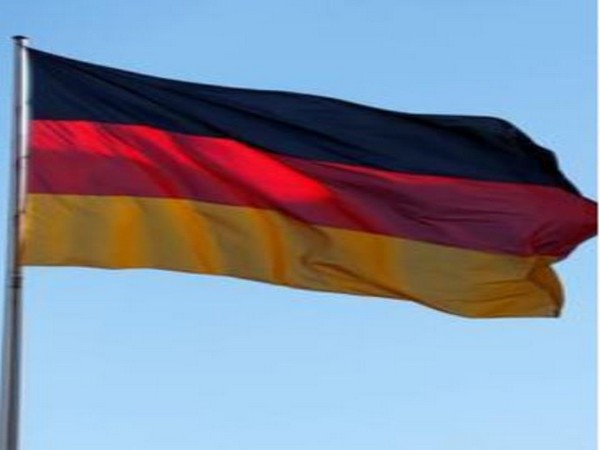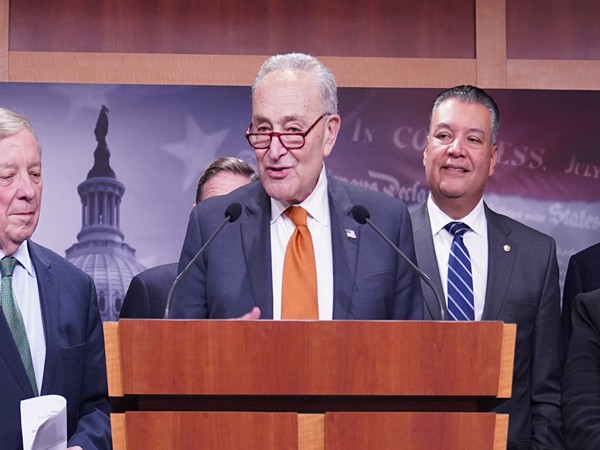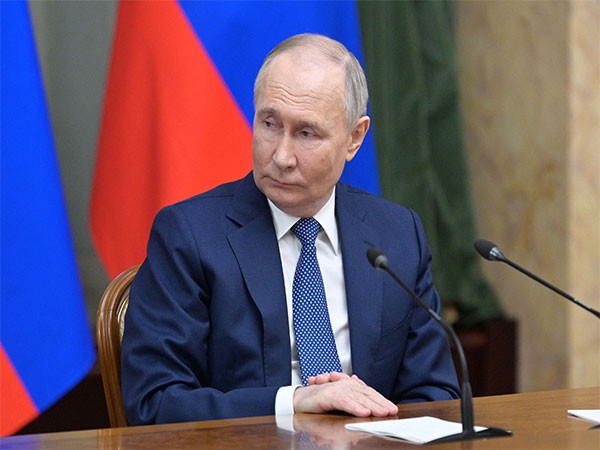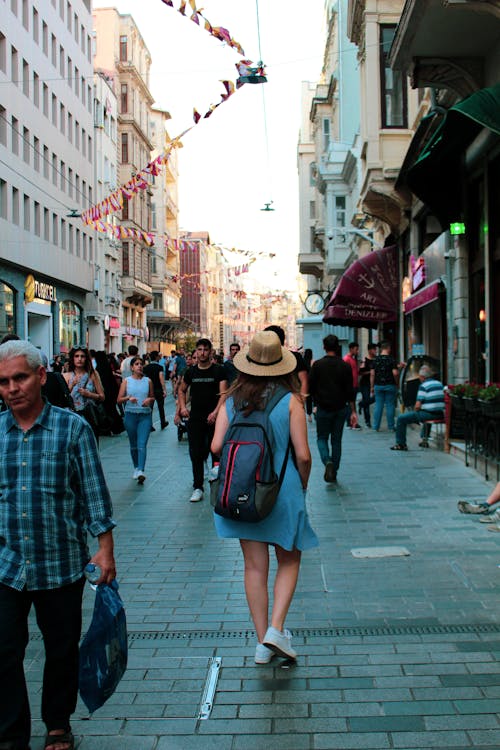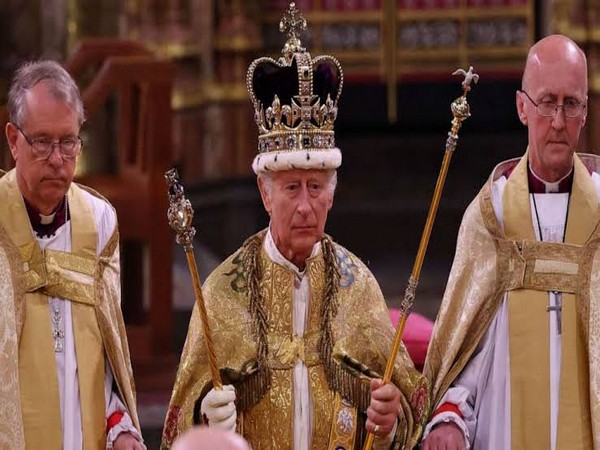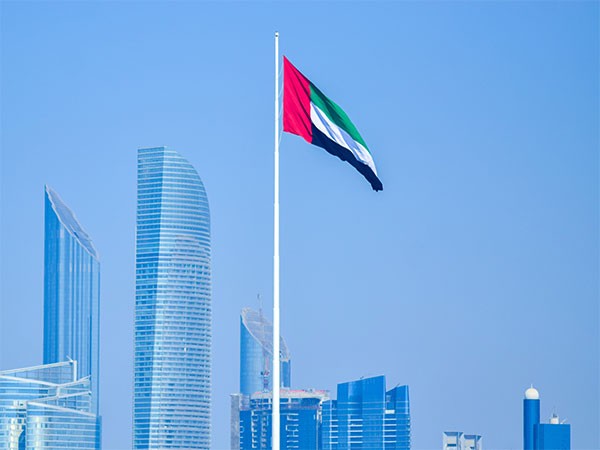
UAE, Ethiopia: Collaborations and efforts in sustainability and facing climate challenges
Aug 19, 2023
Abu Dhabi [UAE], August 19: The Federal Democratic Republic of Ethiopia is intensifying its climate action drive, as it has several strategies and initiatives in place, as part of its efforts to support the regional and global drive in tackling climate change and environmental conservation.
The UAE and Ethiopia share a vision and ambitions in overcoming climate challenges and achieving the net zero by 2050 target, in line with their keenness to implement strategies that ensure the sustainability of environment-protection and climate action efforts, help diversify renewable energy sources and increase their share in the energy mix to relieve reliance on traditional energy sources and cut down greenhouse gas (GHG) emissions.
Ethiopia has expressed its eagerness to take part in the 28th Conference of the Parties (COP28) to the UN Framework Convention on Climate Change (UNFCCC), which the UAE is hosting at Expo City Dubai from 30th November to 12th December, 2023. Ethiopia is seeking to support climate action initiatives and leverage the UAE's experiences, as well as exchange knowledge and insights, to help focus international efforts to achieve climate targets.
The past period saw the signing of a number of agreements that further boost the UAE-Ethiopia cooperation in renewable energy. The Abu Dhabi Future Energy Company (Masdar) played a major role in supporting Ethiopia achieve its objectives in the solar energy field, starting with the signing of an MoU with the Government of Ethiopia in 2021 to develop solar power projects with a total capacity of 500 megawatts. Recently, in January 2023, it inked another agreement with the Ethiopian government to develop solar photovoltaic energy projects with a capacity of up to 2,000 megawatts in Ethiopia, starting with 500 megawatts in the first phase.
Renewable energy accounts for the largest share of Ethiopia's energy mix, and through such collaborations with the UAE and other countries, Ethiopia is seeking to diversify its renewable energy sources and reduce reliance on hydroelectric energy, which is usually affected by droughts.
In the past years, Ethiopia succeeded in reducing its carbon and thermal emissions by implementing a series of leading initiatives aimed at tackling climate change. These include the Green Legacy initiative, launched by the Prime Minister of Ethiopia, Abiy Ahmed, in 2019, with the goal of planting 20 billion seedlings by 2024, to reforest many of the climate-affected areas in the country. The African country exceeded the target of its initiative, planting around 25 billion seedlings in the past 5 years.
Source: Emirates News Agency

